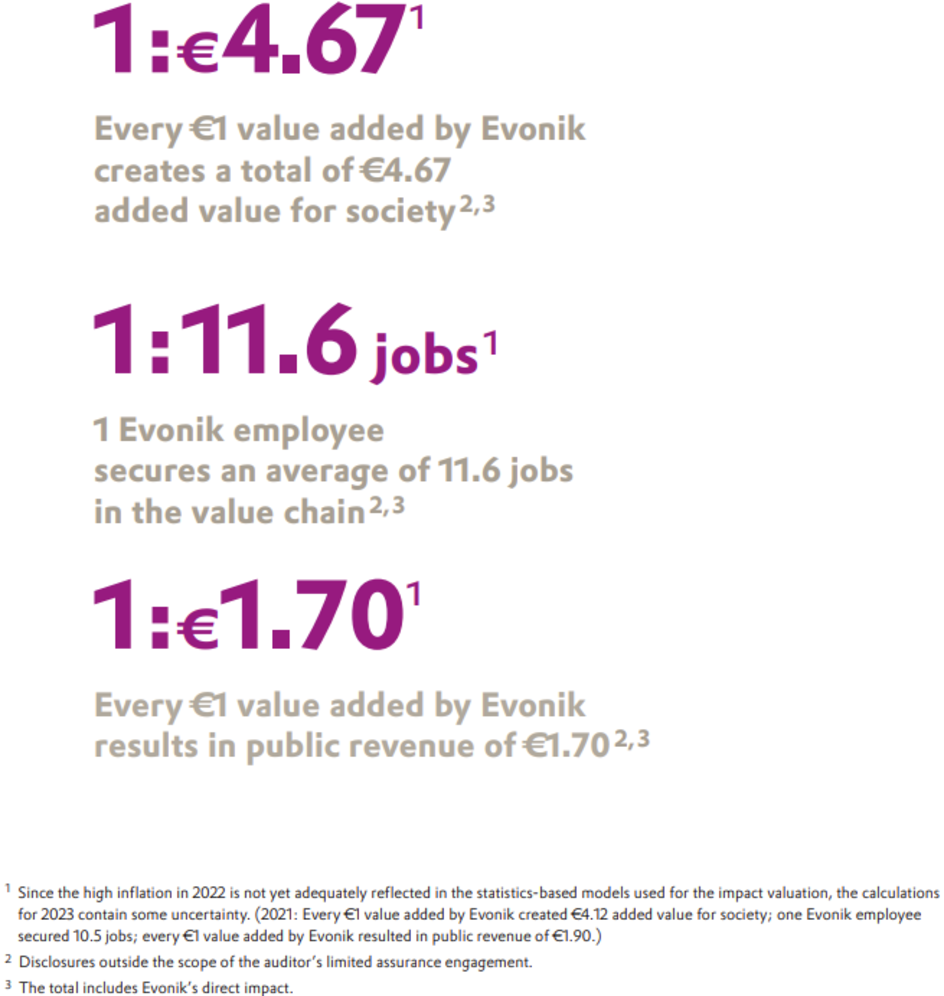Sustainability
SDG 1
No Poverty
End poverty in all its forms everywhere.
Challenge
Despite all the progress made in reducing poverty since the turn of the millennium, around 719 million people, or 9.2 percent of the world's population, were still living in extreme poverty in 2020. Extreme poverty means surviving on less than $2.15 a day.
Businesses are a major driver of economic growth and can help reduce poverty by creating jobs or purchasing locally. A positive contribution to this goal is made, for example, by companies that pay attention to compliance with social standards, especially in the economic sectors in which most of the world's poor operate.
Examples of our contribution
- Attractive, market- and performance-based remuneration is anchored in our human resources instruments worldwide. In addition, collective bargaining and statutory minimum standards, such as the respective local minimum wage, apply. In the future, we also intend to regularly check whether we pay our employees a living wage in all countries.
- We expect our suppliers to "pay remuneration and provide services that at least meet the respective national legal minimum standards or the minimum standards of the respective national economic sectors with regard to an adequate livelihood" (Evonik Code of Conduct for Suppliers). We also check this as part of our membership in "Together for Sustainability", the chemical industry's initiative to promote sustainability in the supply chain.
- We procured 75 percent of our purchasing volume of EUR 11.3 billion in 2023 locally, thus safeguarding value creation, employment and fiscal effects along the value chain. Our Impact Valuation shows that, on average, one job at Evonik secures 11.6 additional jobs worldwide. Every euro of added value at Evonik leads to public revenues of 1.7 euros.
- In addition, we support numerous social and ecological projects at our locations.

Our Goals
- As part of our strategy for profitable growth, we directly and indirectly create jobs and generate public revenues that countries can use to reduce poverty.
- We want to gain an even deeper understanding of the impact of our business activities. For this reason, we are extending the monetary assessment of the impact of our business activities along the value chain to other regions and indicators.
